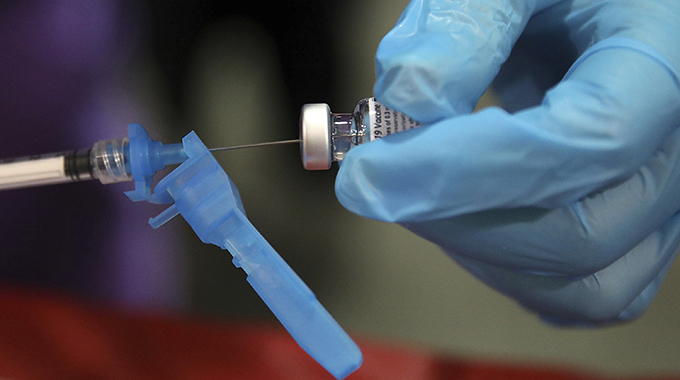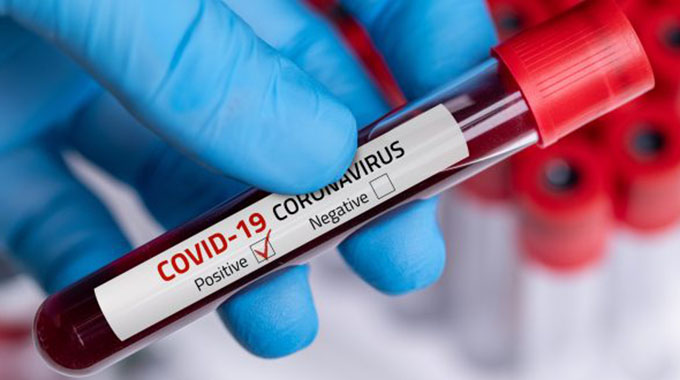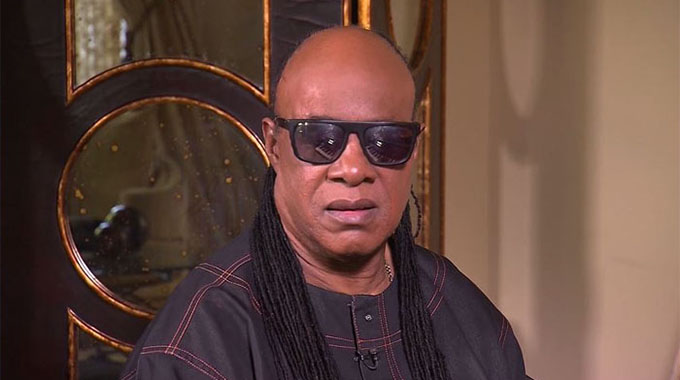What happens after vaccination?

Roselyne Sachiti
Features Health and Society Editor
On Thursday last week, Zimbabwe kicked off the Covid-19 vaccination programme in Harare using the 200 000 doses of Sinopharm vaccine donated by China.
By yesterday, the national Covid-19 vaccination programme had begun in all 62 districts with frontline health workers and other key personnel at high risk of infection getting their first jab.
More people are set to get their vaccines as soon as they are delivered with Government targeting to vaccinate at least 10 million people against Covid-19 as part of efforts to combat the deadly virus.
As the rollout continues it is important to understand how vaccines work, what they do to protect people and how individuals can also protect themselves after getting the jab.
Speaking during a HIV Research for Prevention (HIVR4P) Virtual Journalist Fellows Session titled: “Covid vaccines and treatments” recently, professor of Clinical Investigation and senior attending physician at The Rockefeller University, New York, US, Sara Schlesinger, said while Covid -19 vaccine trials were put together rapidly, they have been executed, in her view, brilliantly.
“What we know is these vaccines are very safe. I keep getting questions from colleagues, friends, people at work. The question is ‘are they safe since they have been developed so quickly?’ From what we know we have been very fortunate that these vaccines are very safe,” said Prof Schlesinger.
Prof Schlesinger said another question people usually ask is “do the vaccines work and what do they prevent?”
“No vaccine that I know of completely shuts down a virus when you encounter it after the vaccine,” she said. “That is a challenge with an HIV vaccine because of things that are special about HIV.”
Added Prof Schlesinger: “Fortunately, Covid-19 is more like the traditional viruses for which we are protected with vaccines among them measles rubella. So, if you encounter a small amount of virus after you have been vaccinated, your body wakes up and remembers the key things about immune responses and makes an immune response and protects you.”
From an individual point of view, said Prof Schlesinger, who also received a Covid-19 vaccine, “the vaccines are terrific, are safe and work to protect from severe disease and actually from infection so they keep people safe.”
She said none of the vaccines that were being deployed will have the possibility of giving people Covid-19.
“But, it is completely possible to get Covid-19 after you have been vaccinated, before you fully make an immune response,” she said.
“That concept that it takes two weeks after the second shot. If you get your first shot and its four weeks later and its two weeks after that (and that’s six weeks after your first shot) that you are still vulnerable. The vulnerability goes down and if you look at the curves it goes after 12 days. Understanding those kinetics is very important. It does not mean the vaccine caused the infection, it means the person remained vulnerable,” she said.
Prof Schlesinger added that it is also important to discuss risk.
“No one would take a vaccine that has been developed under these circumstances if we were not in a pandemic,” she said. “We would wait for more safety data, but we are in a pandemic. One has to think very hard about what the risks are for the individual from the vaccine and from acquiring Covid-19. What are the risks from the vaccine and what are the risks from acquiring Covid-19?” added Prof Schlesinger.







Comments